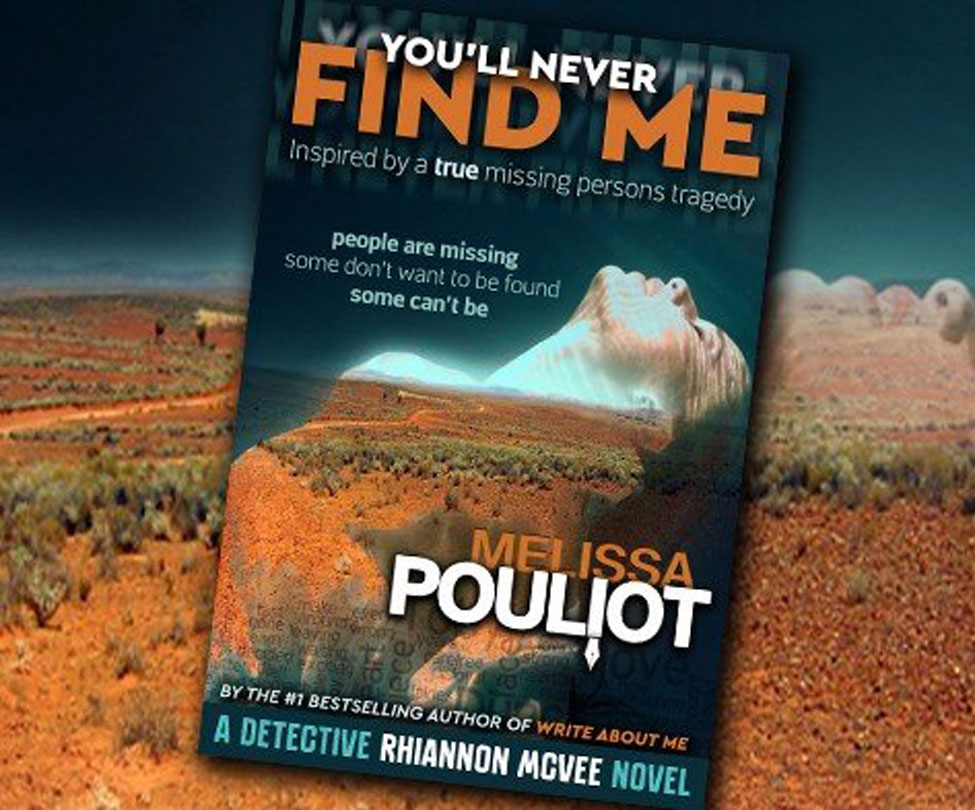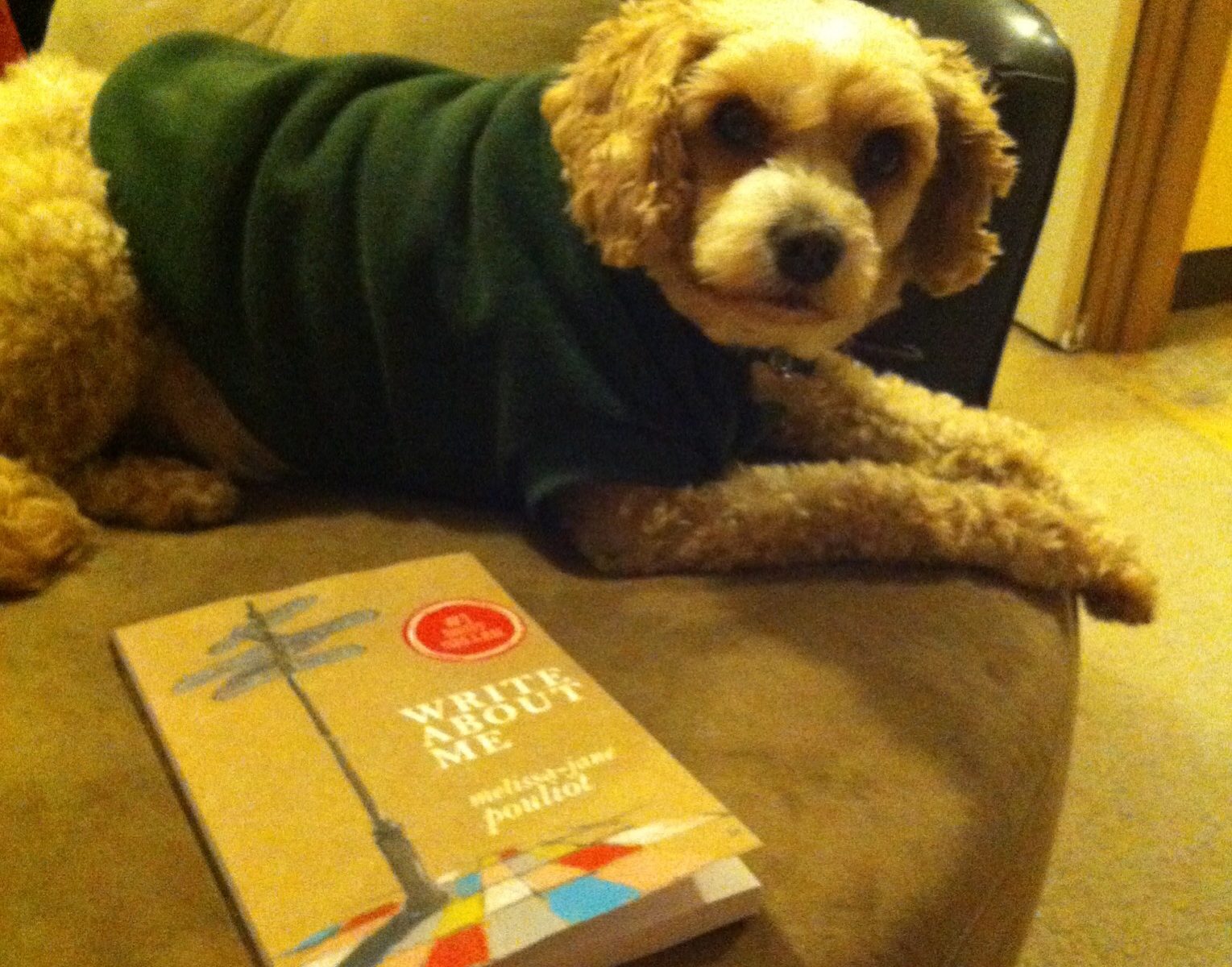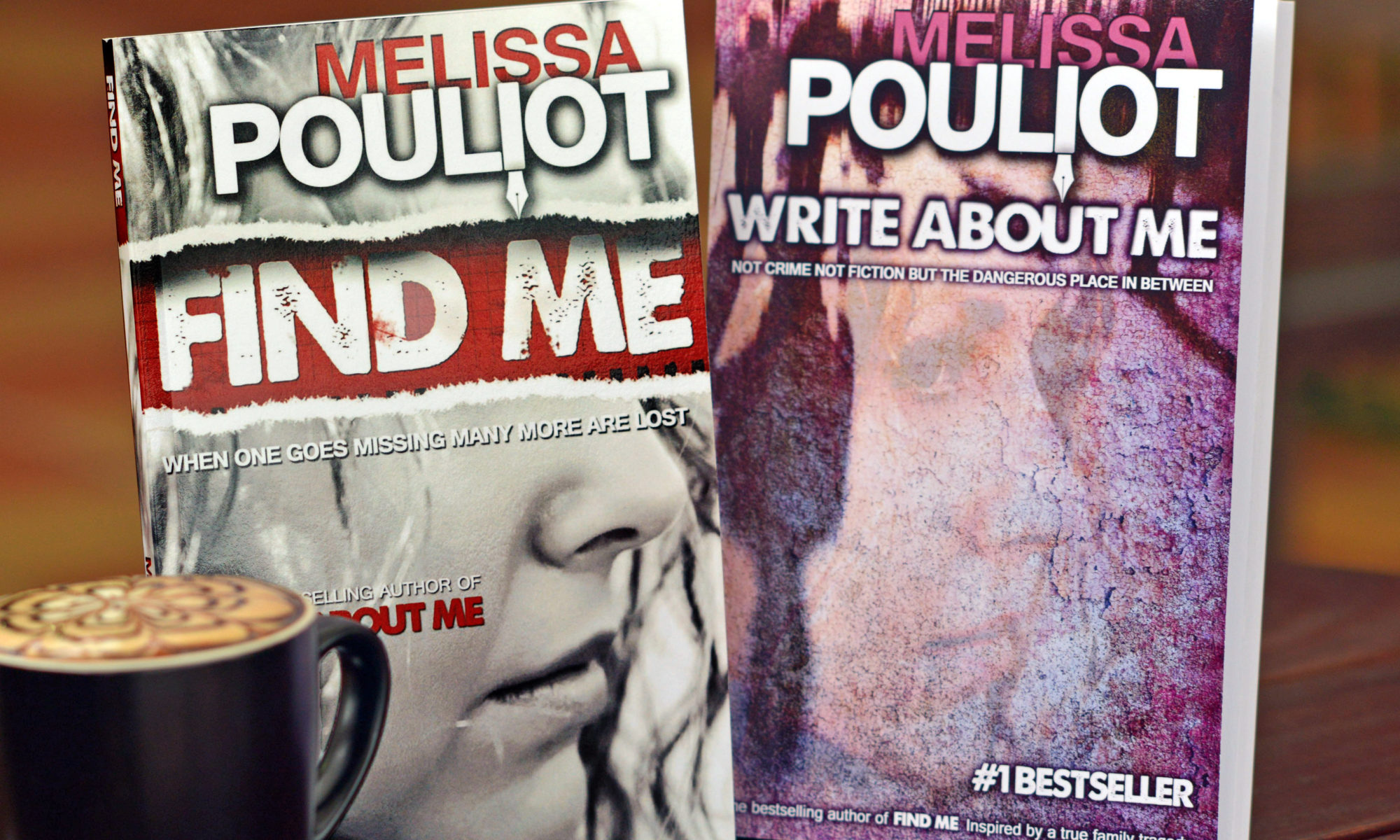I have just announced the title of my upcoming crime mystery book, due out in July. It is the third instalment in the Rhiannon McVee Crime Mystery series and my fourth fiction novel.
The title is You’ll Never Find Me . It follows Write About Me, FIND ME & When You Find Me .
We all have different ways of deciding on the title of our books. Someone in a Linked In publishing group I’m part of asked the question the other day if they could relaunch their book under a new title because they felt it was a title they liked rather than one which reflected what the book was about.
Of course you can, however, the work involved in relaunching a book is about the same as launching it in the first place. You are going back to square one. It’s different than updating the cover, even the biggest authors do this regularly, because all the Google searches, online reviews and book marketing you’ve done to date is no longer relevant.
So my advice is think it through and get it right the first time! The title is one of your most important marketing tools to sell your book. It needs to be short, snappy, engaging, easy to remember, original and captivating.
Here are a few things to think about while you’re deciding your title…
1. Is it best to know the title before you write the book?
Yes, and no. My title debut novel Write About Me came to me in a dream long before I started writing. The words from the dream were ‘Write About Me, because I am dead’ but as the book started to take shape it was clear to me that I needed to keep it simple. And I wasn’t convinced that ‘because I am dead’ was necessary. Several reasons, it didn’t leave any doubt in the reader’s mind about the ending, it was too long and once the book was complete it did not reflect the story. Write About Me can mean so many things, and that is important for a book title – so your readers can interpret it in their own way.
2. What if you don’t have a title, but you have your story, how do you decide?
My second novel is FIND ME – and it took me a long time to decide. I had ascertained I was writing a crime mystery series, and it centred on the themes around missing persons. As the storyline and characters developed the title fell into place. I love this title, it’s so simple and for me it captures my story and characters perfectly.
3. When you are writing a series, do the titles need to match?
Yes. The title is the overarching thread that connects all the interconnecting threads within each book, binding your series together and firmly establishing it as a series. All my book titles end with ME – the ME is my muse, and I feel that she is directing each book in her own way.
So how have I decided my book titles?
My fiction writing reflects my own personal journey with the search for my missing cousin Ursula, and you can see how that journey has evolved by simply looking at my book titles. This search is full of highs and lows, and we are coming up to nearly 30 years since her disappearance with still no answers. And at every stage of that search since 2013, there is a book to mark at what stage I am at with this search. I look forward to writing what will be my most treasured novel. It’s title will be FOUND .



